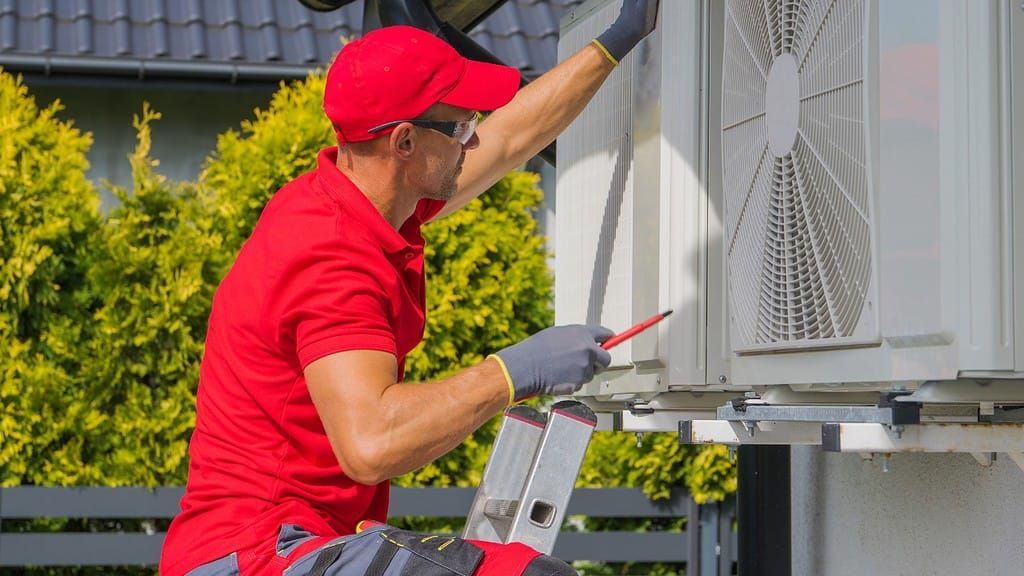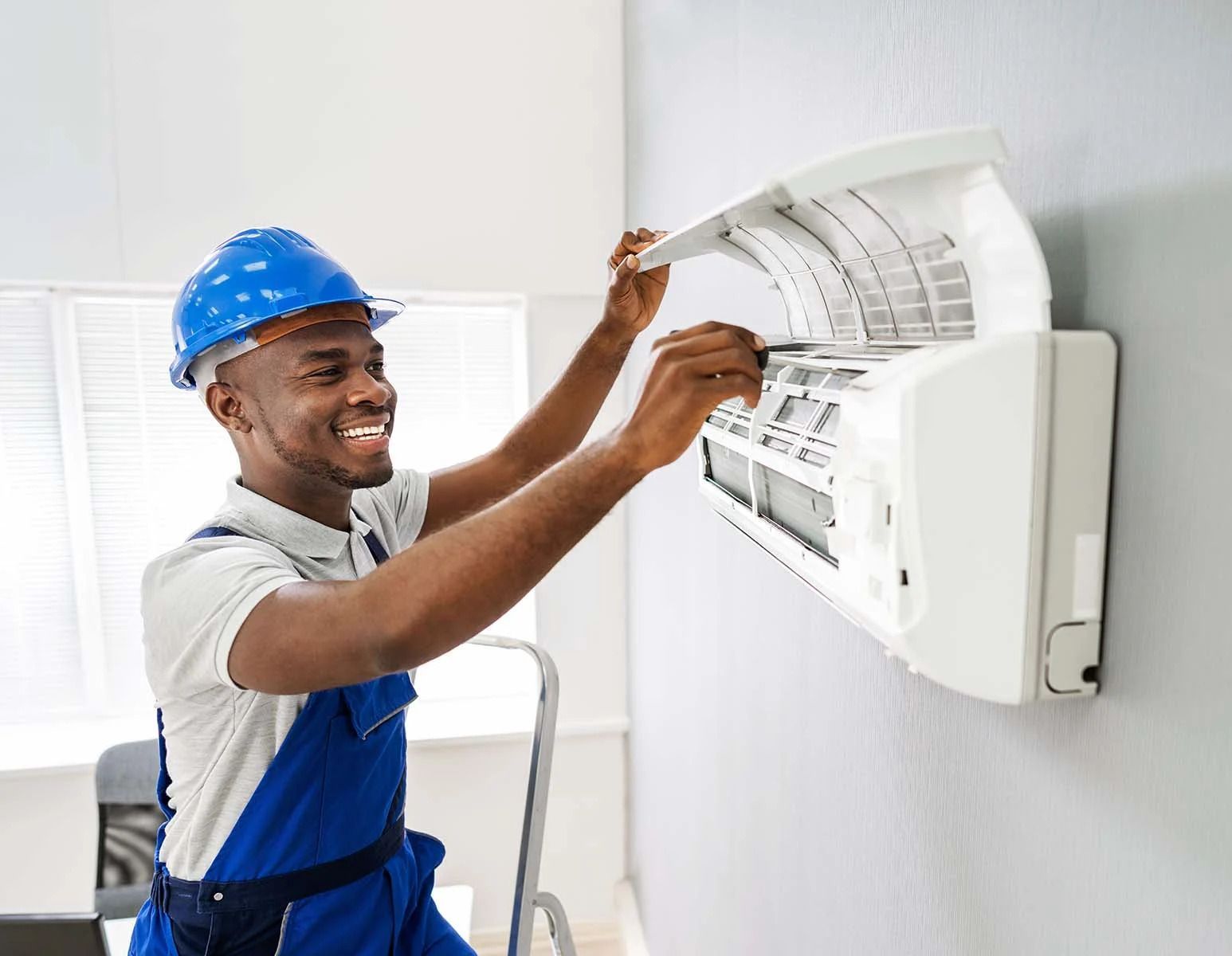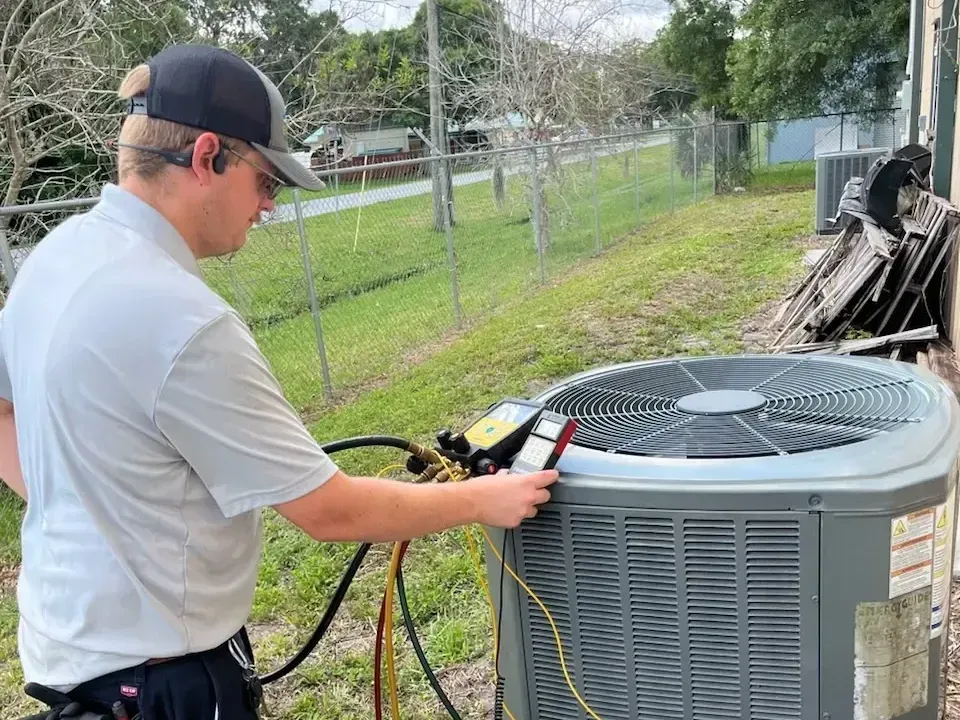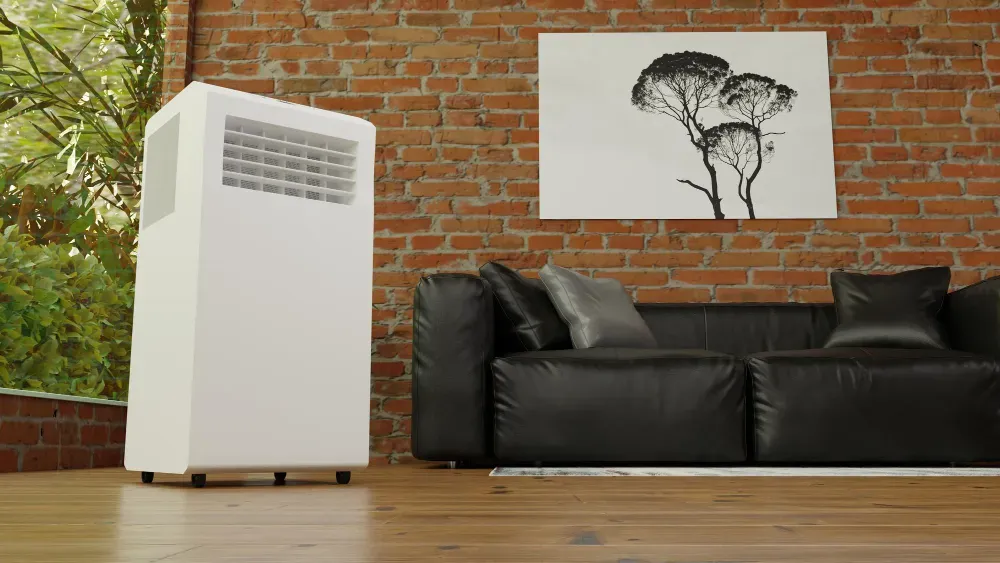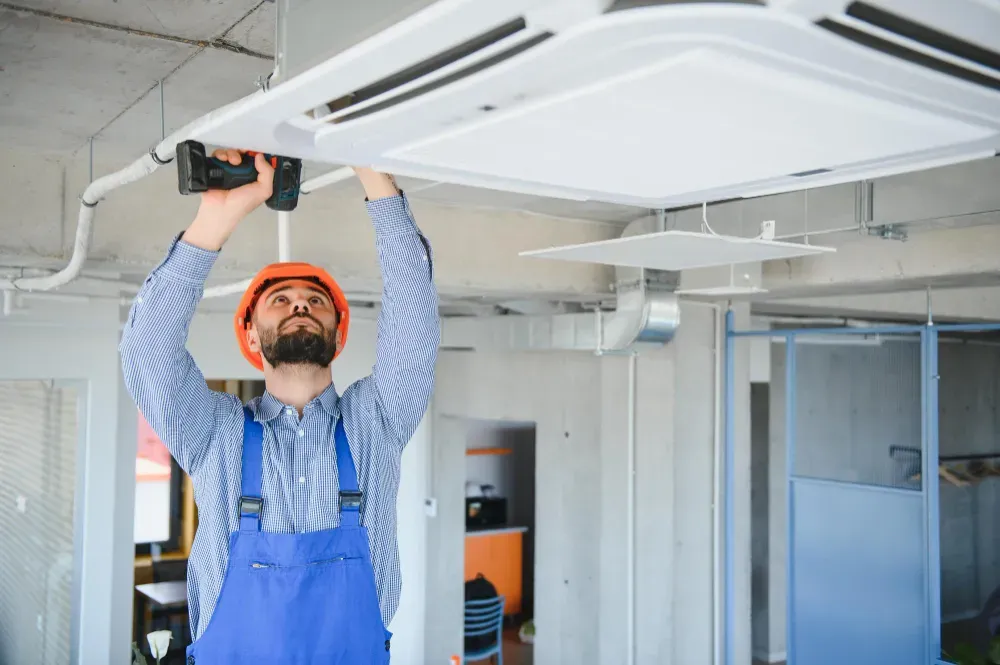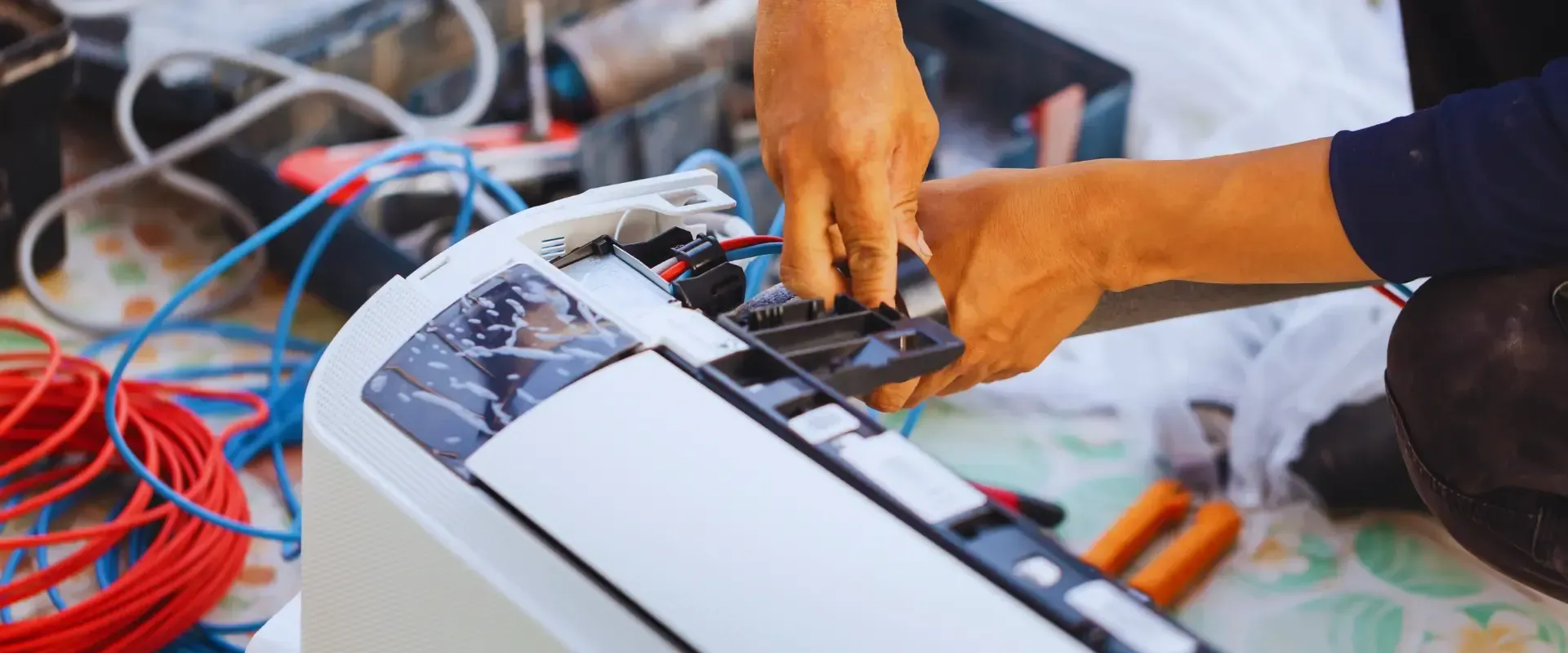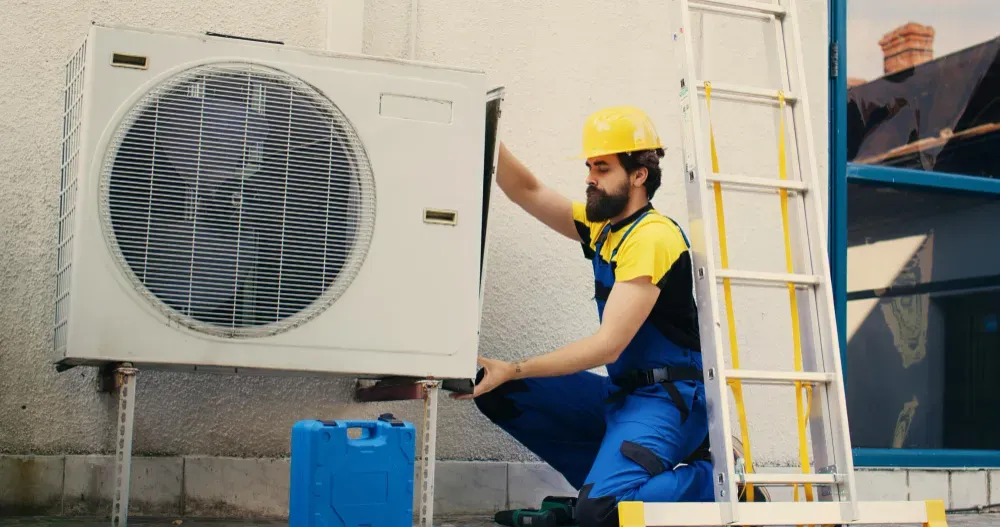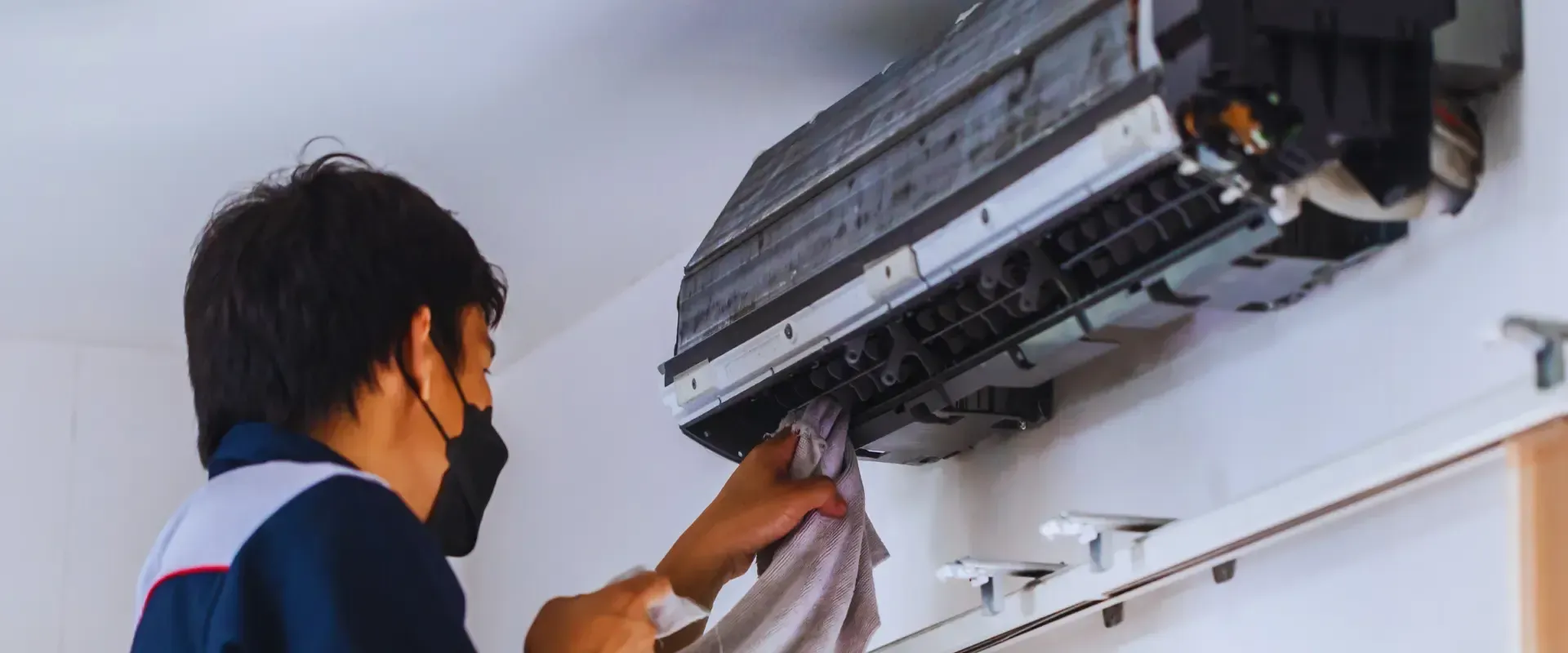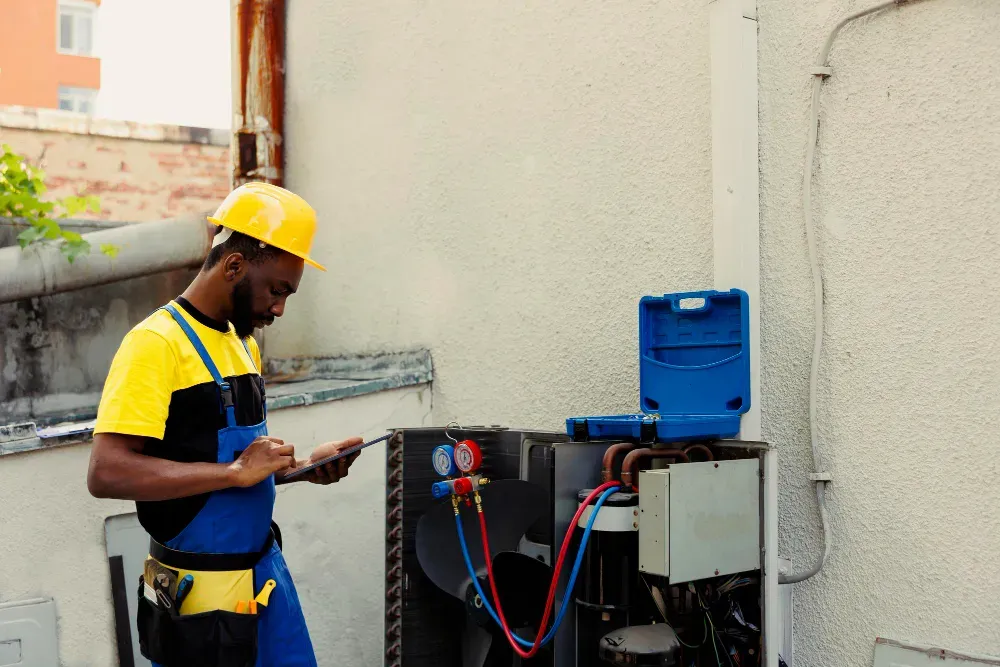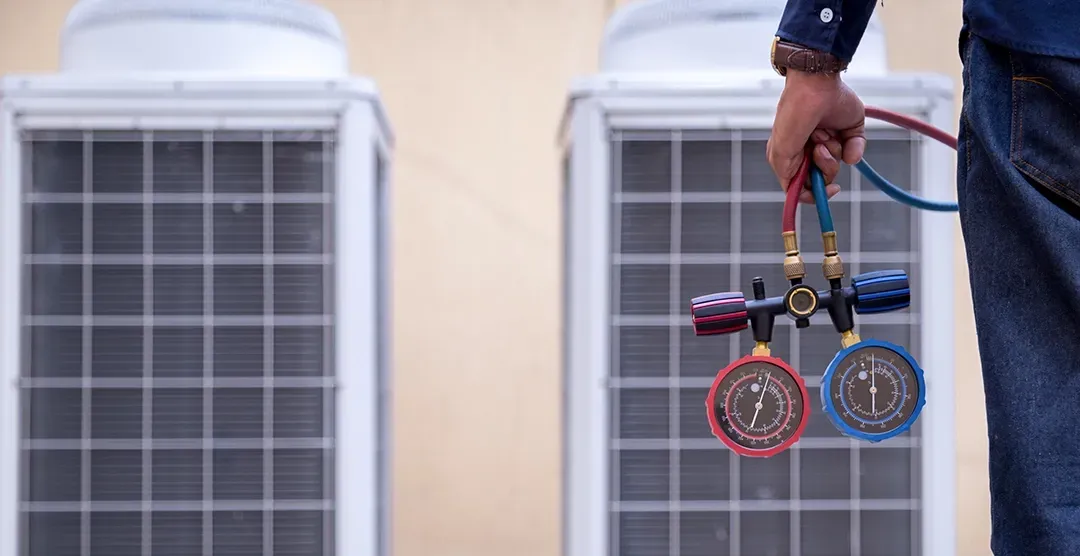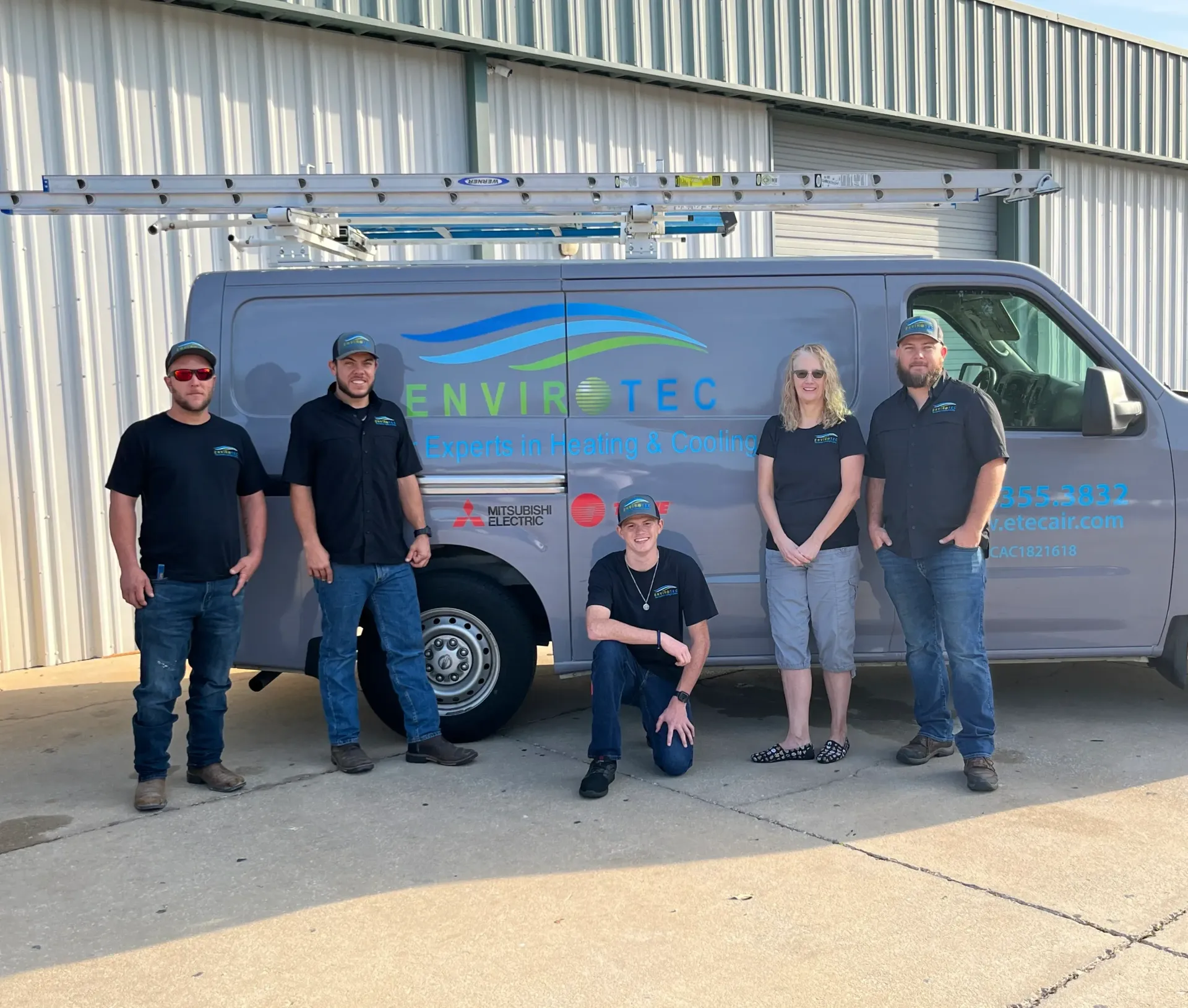What Should I Know About HVAC?
Introduction
As a homeowner in Bradenton, FL, understanding the ins and outs of heating, ventilation, and air conditioning (HVAC) systems can save you a lot of hassle and money in the long run. Your HVAC system plays a crucial role in maintaining a comfortable indoor environment, and knowledge about its operation, maintenance, and potential issues can help you make informed decisions.
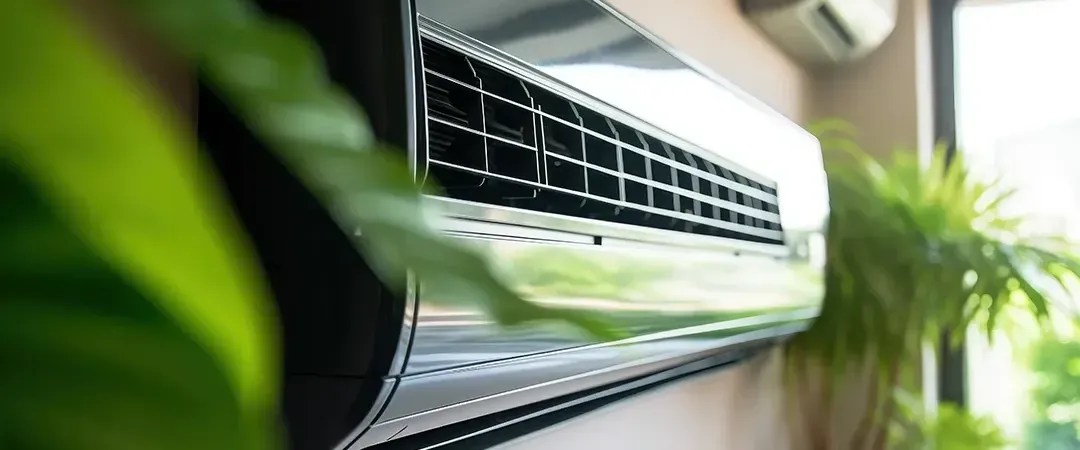
What is HVAC?
The HVAC system is responsible for regulating the temperature, humidity, and air quality in your home. It consists of various components, including the furnace or air conditioner, ductwork, vents, and thermostats. During hot summer months, the air conditioning unit works to cool and dehumidify the air, while the furnace or heat pump provides warmth during the cooler months.
Why is HVAC Important?
Proper HVAC functioning is vital for several reasons:
- Comfort: A well-maintained HVAC system ensures a comfortable living environment by maintaining the desired temperature and humidity levels.
- Energy Efficiency: An efficient HVAC system can help you save money on utility bills by reducing energy consumption.
- Indoor Air Quality: HVAC systems filter out pollutants, dust, and allergens, improving the overall air quality in your home.
- Property Protection: Regulating humidity levels can prevent moisture-related issues like mold growth, which can damage your home's structure and belongings.
Types of HVAC Systems in Bradenton
Here's a quick rundown of the most common HVAC systems used in Bradenton:
- Split Systems: Separate units for heating and cooling.
- Central Air Conditioning: Uses ducts to distribute cool air throughout your house.
- Heat Pumps: Provide both heating and cooling, making them an energy-efficient option for our Florida climate.
- Furnaces: Typically use natural gas or propane to generate heat.
When to Service Your HVAC System?
Regular maintenance is key to keeping your HVAC system running smoothly. Here are some recommended intervals:
- Air Filters: Change or clean air filters every 1-3 months, depending on usage and manufacturer recommendations.
- Annual Tune-ups: Schedule professional HVAC maintenance once a year, preferably before the peak cooling and heating seasons.
- Ductwork Inspection: Have your ductwork inspected for leaks and proper insulation every few years.
How to Maintain Your HVAC System?
Proper maintenance can extend the lifespan of your HVAC system and prevent costly repairs or replacements. Here are some tips:
- Keep the area around the outdoor unit clear of debris, vegetation, and obstructions.
- Clean or replace air filters regularly to improve air quality and system efficiency.
- Ensure proper airflow by keeping vents and registers unblocked.
- Consider investing in a programmable thermostat to optimize energy usage and temperature control.
- Schedule annual professional maintenance to catch and address any potential issues early on.
Conclusion
Understanding your HVAC system and its maintenance needs is essential for ensuring a comfortable, energy-efficient, and healthy living space. By staying proactive and addressing issues promptly, you can extend the lifespan of your system and avoid costly repairs or replacements down the line.
Key Takeaways
- HVAC systems regulate temperature, humidity, and air quality in your home.
- Regular maintenance, such as changing air filters and scheduling annual tune-ups, is crucial for optimal performance and energy efficiency.
- Addressing issues promptly can prevent more significant problems and costly repairs in the future.
Tables and Lists
Table: Recommended HVAC Maintenance Schedule
| Task | Frequency |
|---|---|
| Change or clean air filters | Every 1-3 months |
| Professional tune-up | Annually |
| Ductwork inspection | Every few years |
List: Signs Your HVAC System Needs Attention
- Unusual noises or rattling sounds
- Uneven cooling or heating throughout the home
- Increased energy bills without apparent cause
- Frequent cycling on and off
- Inadequate airflow from vents
Quotes
- "An ounce of prevention is worth a pound of cure."
–
Benjamin Franklin
This adage perfectly applies to HVAC maintenance. Regular check-ups and minor repairs can prevent major breakdowns and costly replacements.
FAQ
Q: How often should I replace my HVAC system?
A: The lifespan of an HVAC system can vary, but most experts recommend replacing it every 10-15 years, depending on usage and maintenance.
Q: Can I clean my HVAC system myself?
A: While some basic maintenance tasks like changing air filters can be done by homeowners, it's best to leave more complex cleaning and repairs to professionals to avoid potential damage or safety hazards.
Q: Is it worth investing in a programmable thermostat?
A: Absolutely! Programmable thermostats can significantly reduce energy consumption by automatically adjusting temperatures when you're away or asleep, leading to cost savings on utility bills.
By following these guidelines and staying informed about your HVAC system, you can ensure a comfortable and energy-efficient home environment in Bradenton, FL. Remember, preventive maintenance and addressing issues promptly can save you time, money, and frustration in the long run. If you have any more questions or need professional assistance, feel free to reach out to us at etecair.com!
